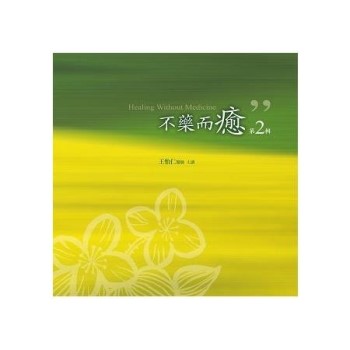This book examines the development and fundamental nature of legal pluralism.
Legal pluralism evokes two distinctions: ’state’ vs ’non-state’ law; and ’law’ vs ’non-law’. As such, although this book focuses upon circumstances where two or more legal orders compete to govern the same social space, it also addresses the nature of law in general. Drawing on material conflicts arising within jurisdictions such as Australia, Burundi, Cameroon, Gambia, the United States, and Zambia, this book explores the conceptual, moral, and political challenges that legal pluralism creates. Emphasising that non-state law carries no less dignity than that often ascribed to the legal orders of contemporary states, it advances a theoretically sophisticated argument in favour of recognising and respecting genuine cases of legal pluralism, wherever they arise.
Accessible and thought provoking, this book will appeal to legal scholars, anthropologists, sociologists, and political and social philosophers as well as practising lawyers, judges, and policy makers who deal with issues of legal pluralism.











